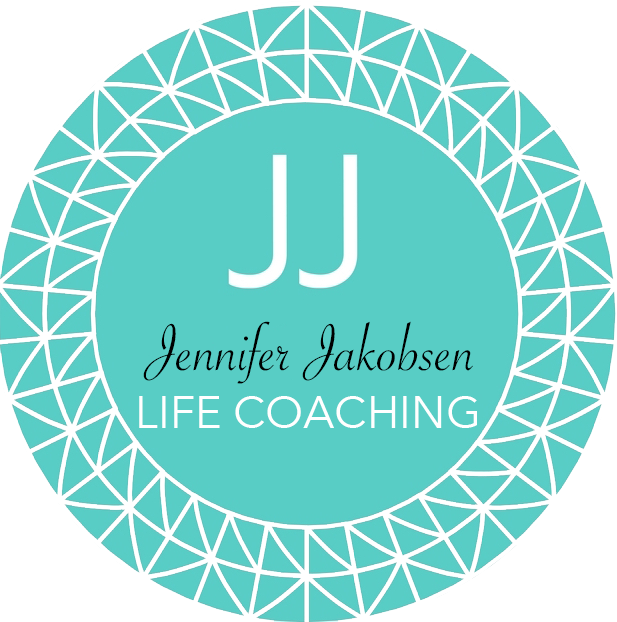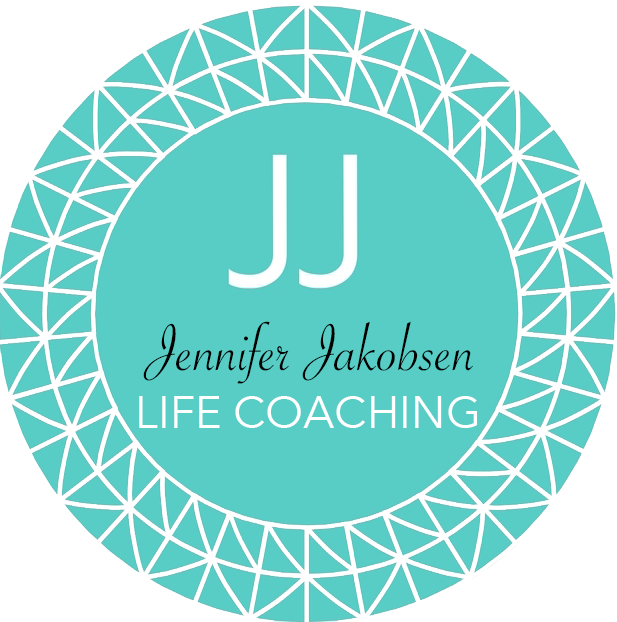"The Secret to Mom Success"
/A while back, I did an informal study asking some of my favorite moms what they were struggling with. One question I asked was, “What does success as a mom mean to you?” The answers were so interesting, yet, not surprising. Most moms said the same things: having a happy child, a child with a balanced diet, a well-mannered child, children who are kind, well-rounded, and well-behaved. One said, and this was my personal favorite, “Having kids who aren’t assholes.”
Seriously though, can you see the problem in these answers? Moms are letting their kids define their own success. But the reality is, we have very little control over how our kids behave and feel. Sure, you can make a healthy dinner and teach good manners, but you cannot force a child to eat broccoli or say please and thank you at the appropriate moments. We can tell them to be nice and kind to others, but we have little control once they head off to school.
Oh, and we also can’t make our children be happy. This one is really tough for moms. If we see our children struggling with self-esteem or feeling just plain sad, we can feel like failures. The problem is, looking at our kids for evidence of our success sets moms up for failure.
Only one mom I interviewed said that being a successful mom meant being balanced and being a good role model. She hit the nail on the head! You can’t change your kids but you can change yourself.
But how? First of all, by putting the focus in the right place. We need to focus on what we can control: ourselves. We need to model the behavior we want to see in our children. They learn much more from our behavior than from what we say to them. We need to practice what we preach!
Glennon Doyle says, “ Our, children do not need us to save them, they need to watch us save ourselves.” So, put yourself first. Treat yourself kindly, and your children will be kind. Eat healthy and your children will become healthy eaters. Be happy, and they will be happy too! Set yourself up for success, and you will be the successful mother you want to be.




